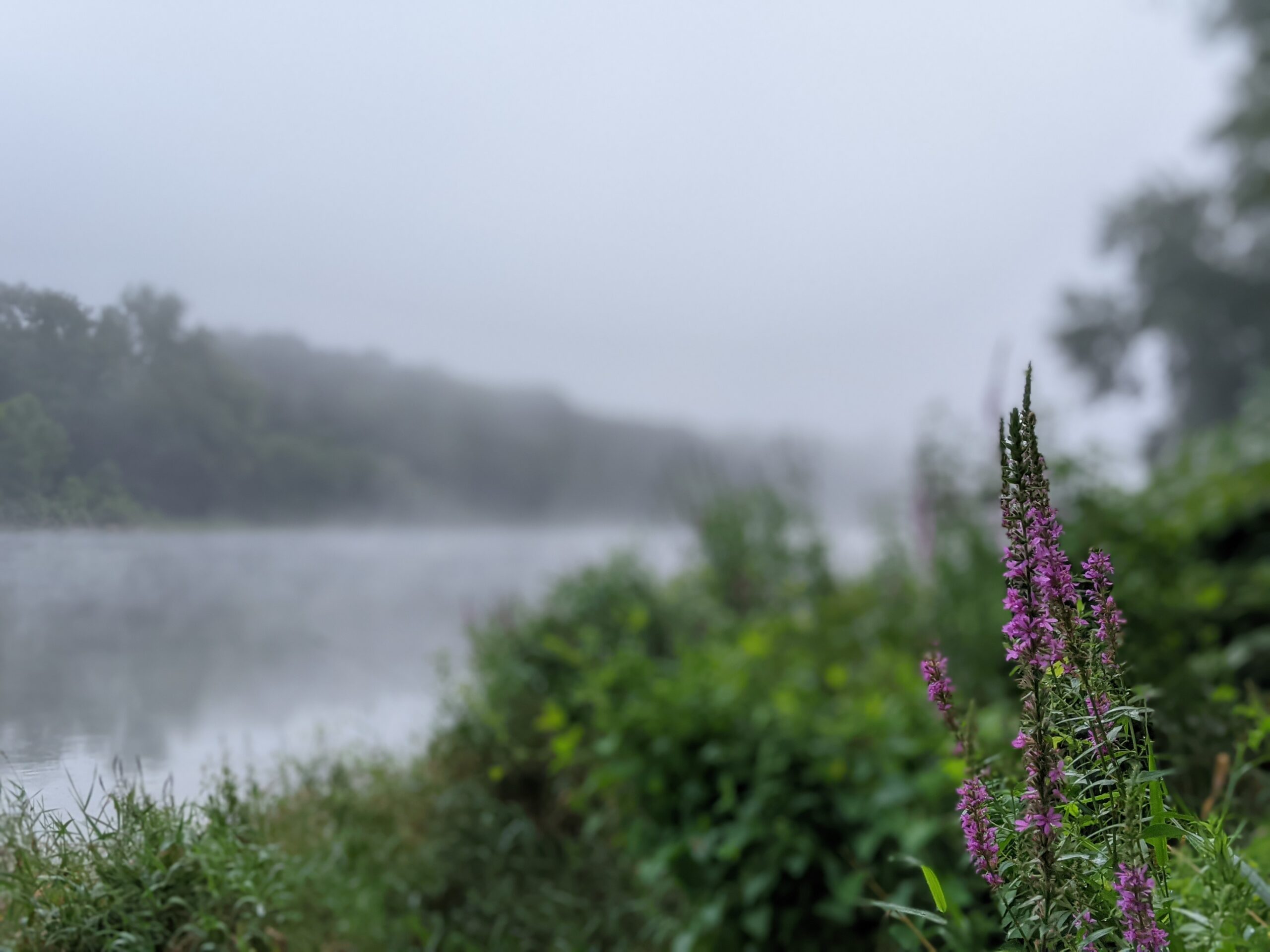News & Updates
Stop the Leave No Trace Policing


Leave No Trace should never be used to shame, harass, exclude or police people in the outdoors. Full stop.
Practicing Leave No Trace is just that: a practice. It is about action, not perfection. We have all accidentally littered. We have all impacted our outdoor areas unintentionally. We have all learned something new and adjusted our actions. None of us are perfect, and we should not expect perfection from others.
While Leave No Trace is our name, what the organization strives for is all people to leave as little trace as possible. Consider: if we were truly leaving no trace, there would be no trails, no campgrounds, no parking lots. We, instead, strike a balance between enjoying nature, connecting with it in our unique and personal way, and minimizing the impacts we may cause. That is the work of the Leave No Trace organization.
In recent years, we, at the Leave No Trace organization, have noticed a rise in select people using our name, Leave No Trace, in a way that was never intended—they have weaponized it. We have seen some use it to shame or to harass people in the name of protecting the outdoors, but we cannot protect nature by excluding people. We stand firmly that the outdoors are for everyone, and it will take all of us together to protect our natural world. We denounce shaming and organized harassment.
While it may be tempting to argue that shaming is a means of educating, research does not support this argument. June Price Tangney, Ph.D., and Jessica Tracy, Ph.D., write in Handbook of Self and Identity, “There is a widely held assumption that because shame is so painful, at least it motivates people to avoid ‘doing wrong’. As it turns out, virtually no direct evidence supports this presumed adaptive function of shame. To the contrary, research suggests that shame may even make things worse.”
Shaming in the name of education has many unintended consequences. Particularly for people who have historically been excluded from outdoor areas, this shaming can lead to feeling unsafe and unwelcome in a space that should be working to remove barriers, not create more.
If we really want to take a more active role in education, it is far more effective to have conversations with our friends and families or get involved in local efforts by volunteering. These approaches create space for learning rather than shaming.
Remember that we are all constantly growing. Even Leave No Trace itself continues to learn and adjust, utilizing emerging science and research to update our principles and practices as we better understand our connection to the outdoors.
Let’s normalize learning, growing, and adjusting and give each other the benefit of the doubt as we do.
Let’s protect and enjoy our natural world together
Get the latest in Leave No Trace eNews in your inbox so you can stay informed and involved.
